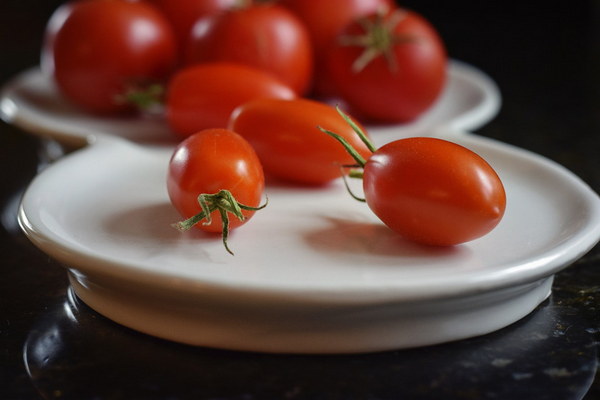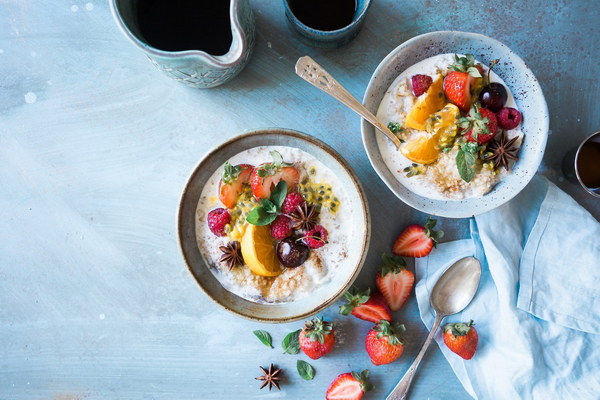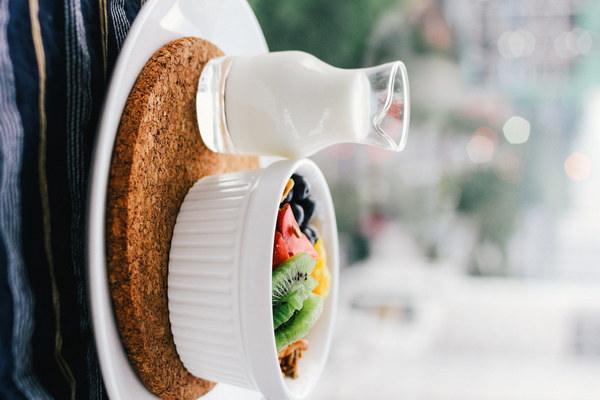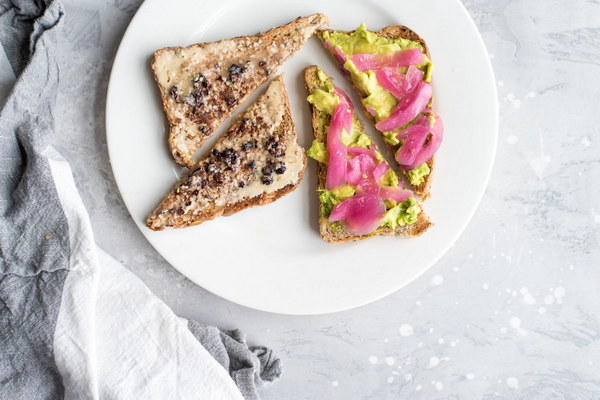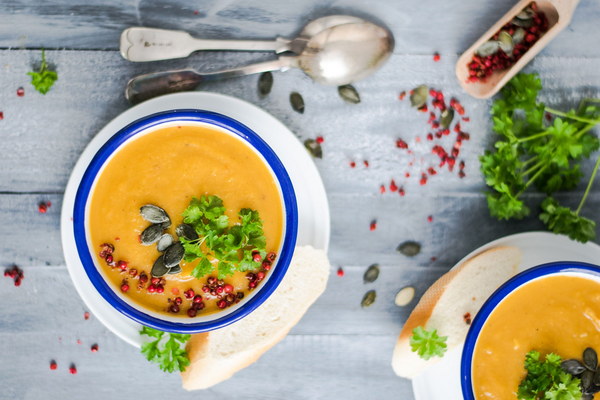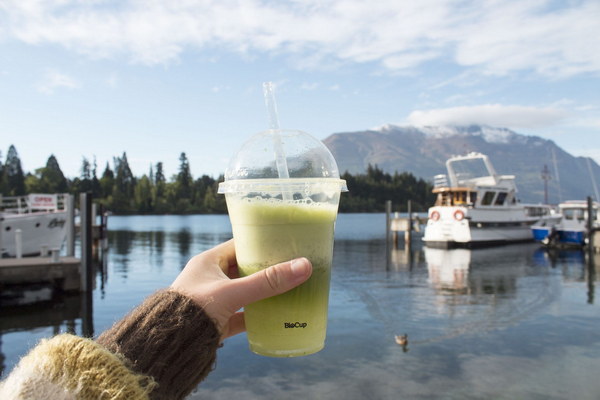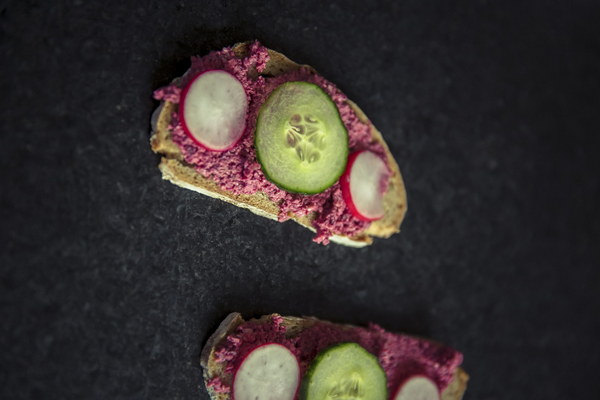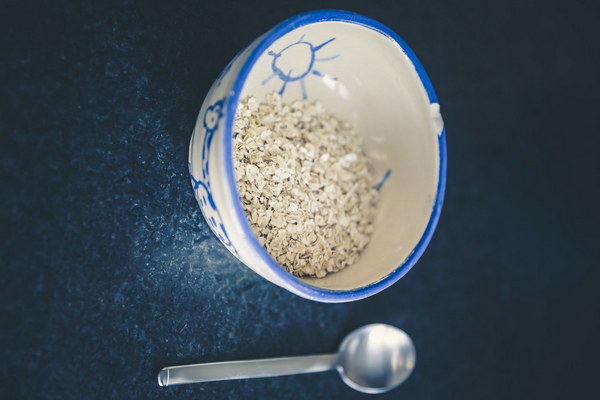Natural Remedies for One-Year-Old's Urticaria A Nutrition-Focused Approach
Introduction:
Urticaria, commonly known as hives, is a common skin condition that affects individuals of all ages. For a one-year-old baby, dealing with hives can be quite challenging. While medication is crucial in managing the symptoms, a nutrition-focused approach can also help alleviate the discomfort. In this article, we will discuss the best food options for a one-year-old suffering from urticaria, ensuring a healthy and comfortable lifestyle for your little one.
1. Eliminate Common Allergens:
Identifying and eliminating common allergens from the baby's diet is essential in managing urticaria. Common allergens include dairy products, eggs, peanuts, tree nuts, wheat, soy, and fish. Consult with a pediatrician or allergist to determine the specific allergens that your baby may be sensitive to.
1.1. Dairy-Free Alternatives:
If your baby is allergic to dairy products, opt for dairy-free alternatives such as almond milk, oat milk, or rice milk. Ensure that these alternatives are unsweetened and fortified with essential nutrients like calcium and vitamin D.
1.2. Nut-Free Options:
When it comes to nuts, choose nut-free alternatives such as sunflower seed butter or tahini for spreads and snacks. Ensure that the products you choose are explicitly labeled as nut-free to avoid cross-contamination.
2. Opt for Hypoallergenic Foods:
Incorporate hypoallergenic foods into your baby's diet to minimize the risk of allergic reactions. Hypoallergenic foods include fruits, vegetables, grains, and legumes. Some examples include:
2.1. Fruits:
Bananas, applesauce (without added sugar), pears, and avocados are excellent choices. These fruits are easy to digest and provide essential nutrients without triggering allergic reactions.
2.2. Vegetables:
Sweet potatoes, carrots, peas, and green beans are nutritious and hypoallergenic options. They can be pureed or mashed to suit your baby's preference and dietary requirements.
2.3. Grains:
Oats, rice, and quinoa are safe grains for babies with urticaria. Start by introducing oats in small quantities to monitor for any adverse reactions.
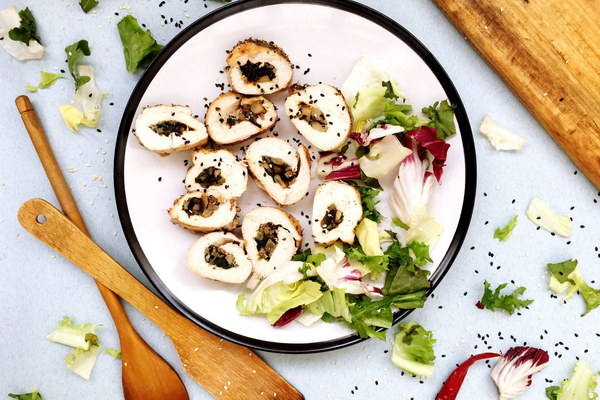
2.4. Legumes:
Pureed lentils, beans, and chickpeas are excellent sources of protein and fiber. Ensure that they are well-cooked and mashed before serving to your baby.
3. Hydration and Probiotics:
Proper hydration and a healthy gut are crucial in managing urticaria. Encourage your baby to drink plenty of fluids, such as breast milk, formula, or water. Additionally, probiotics can help maintain a healthy gut flora, potentially reducing the risk of allergic reactions. Consult with your pediatrician before introducing probiotics to your baby's diet.
4. Monitor and Adjust:
Keep a close eye on your baby's reactions to new foods and make adjustments as needed. If you notice any adverse reactions, such as increased hives or gastrointestinal discomfort, consult with a healthcare professional to determine the appropriate course of action.
Conclusion:
While medication is essential in managing urticaria, a nutrition-focused approach can significantly contribute to your one-year-old's comfort and overall well-being. By eliminating common allergens, incorporating hypoallergenic foods, ensuring proper hydration, and maintaining a healthy gut, you can help alleviate the symptoms of urticaria in your little one. Always consult with a pediatrician or allergist before making significant changes to your baby's diet.
